Ten years ago, I moved to one of the stickiest states in the country. And what do you know? I’ve stuck around.
“Sticky” actually describes American states with large numbers of native-born residents who’ve never moved elsewhere. In a recent analysis of the U.S. Census Bureau’s American Community Survey (ACS) done by the Dallas Federal Reserve, all 50 American states were ranked based on the number of people born in a state and still living there as of 2021.
My state, Georgia, ranked third, and I think that has a lot to do with the Hope Scholarship — a statewide, lottery-funded program that pays the lion’s share of a high-achieving student’s college tuition. That is, as long as they attend an in-state university. Naturally, Georgia parents tend to discourage their kids from crossing state lines for college. In-state higher education leads to in-state internships, which leads to in-state jobs, and before you know it, whole generations of students are settled in the Peach State.
Of course, many factors determine whether or not people stick around in their home state. People might stay for the temperate weather, the plentiful cultural opportunities, a lighter-than-average tax burden or a good local economy. But they also might stay because they’re living in poverty and don’t have the means or educational opportunities to move elsewhere.
Here are the 10 stickiest states in the country in descending order, starting at tenth place. Below that, you’ll find the ten that are the least sticky.
10. Michigan
With 71.5% of its native-born residents choosing to stay in-state for good, Michigan ranks as the 10th stickiest state in the country. Students in Michigan have plenty of excellent universities to choose from, and when they graduate the cost of living and housing prices here are just a bit lower than the national average.
But in general, this state is on the less appealing side as far as the economy, fiscal stability and factors like the health of the natural environment are concerned, giving Michigan a ranking of 41 out of 50 states overall in U.S. News & World Report. A lack of resources due to a high poverty rate (13.1%, according to Statista) might prevent some residents from moving.
9. Alabama
Alabama is among six southern states in the country’s top 10 “stickiest” with 71.6%. Like those others, it has a temperate climate, but it also has geographical diversity that includes miles of coastline, mountains and prairie lands. And the college football culture is so intense that some might have a hard time leaving their beloved teams behind (be it Alabama or Auburn)!
U.S. News & World Report ranks Alabama in the bottom 10 when it comes to crime and corrections, education, health care, and natural environment, though, putting it 44th on the overall state rankings. It’s another state with a high poverty rate (16.3%, according to the USDA), so some residents may not have the means to move.
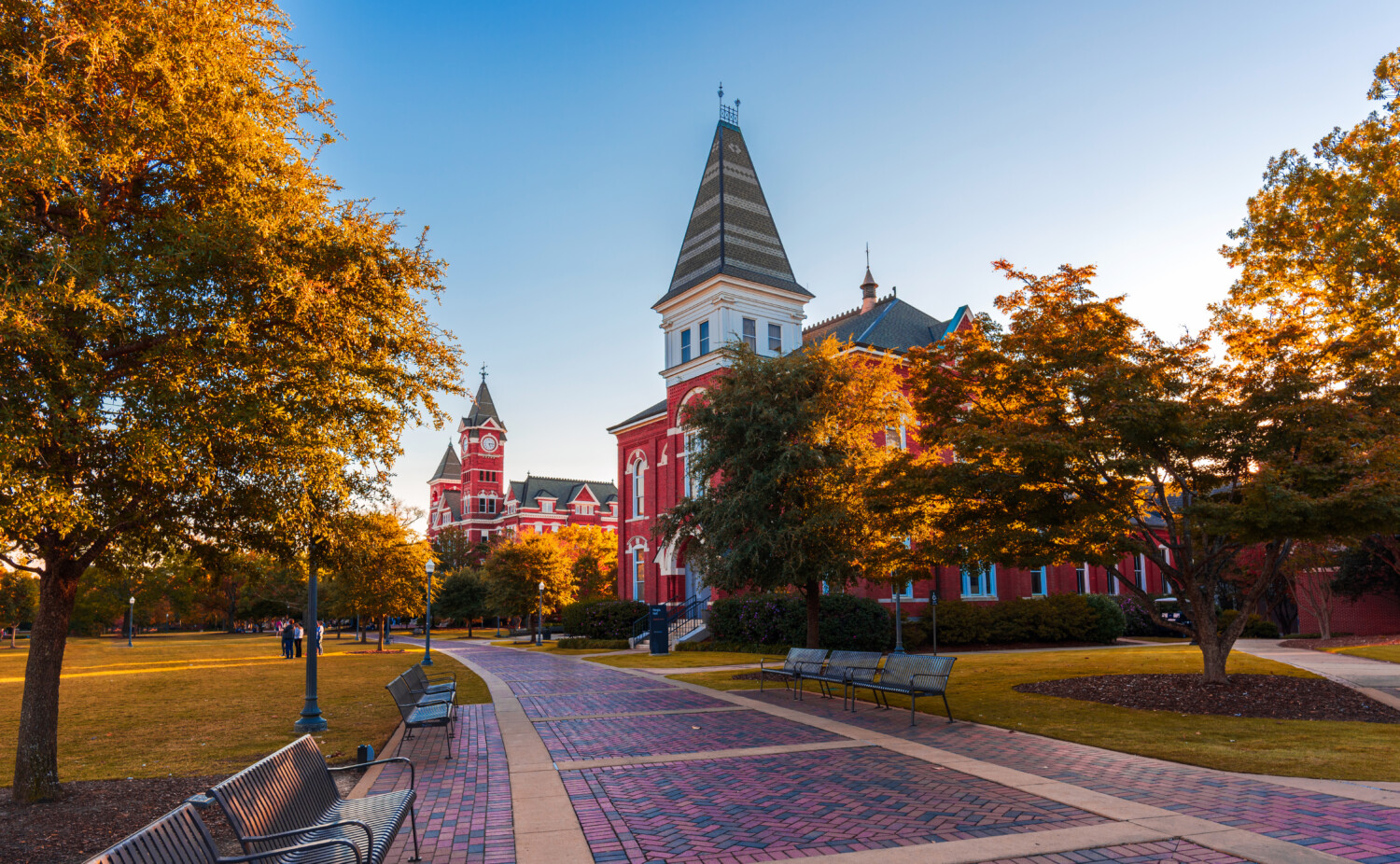
8. South Carolina
Native-born South Carolinians who stay put for life (71.9%) may be sticking with the Palmetto State because of its natural beauty, low cost of living and warm weather. This state also offers geographic diversity (mountains, beaches and cities). Meanwhile, the cost of living is lower than other parts of the country.
However, it does have its issues. It’s one of the lowest-ranked states in areas like crime and education and ranks 38th in opportunity. Overall, it takes 44th place on the U.S. News & World Report list, and it’s clear people may be sticking around for financial reasons.
7. Wisconsin
Of all the residents born in Wisconsin, 72.5% were still living there as of 2021. With a diverse landscape that offers both natural beauty and bustling cities, many Wisconsinites seem to have found all they need. This state also has a lower cost of living and lower housing prices than the national average, and it does well in overall rankings at eighth on the U.S. News & World Report list. It’s sixth in education, seventh in fiscal stability and eighth in opportunity, making it a good place to set down roots.
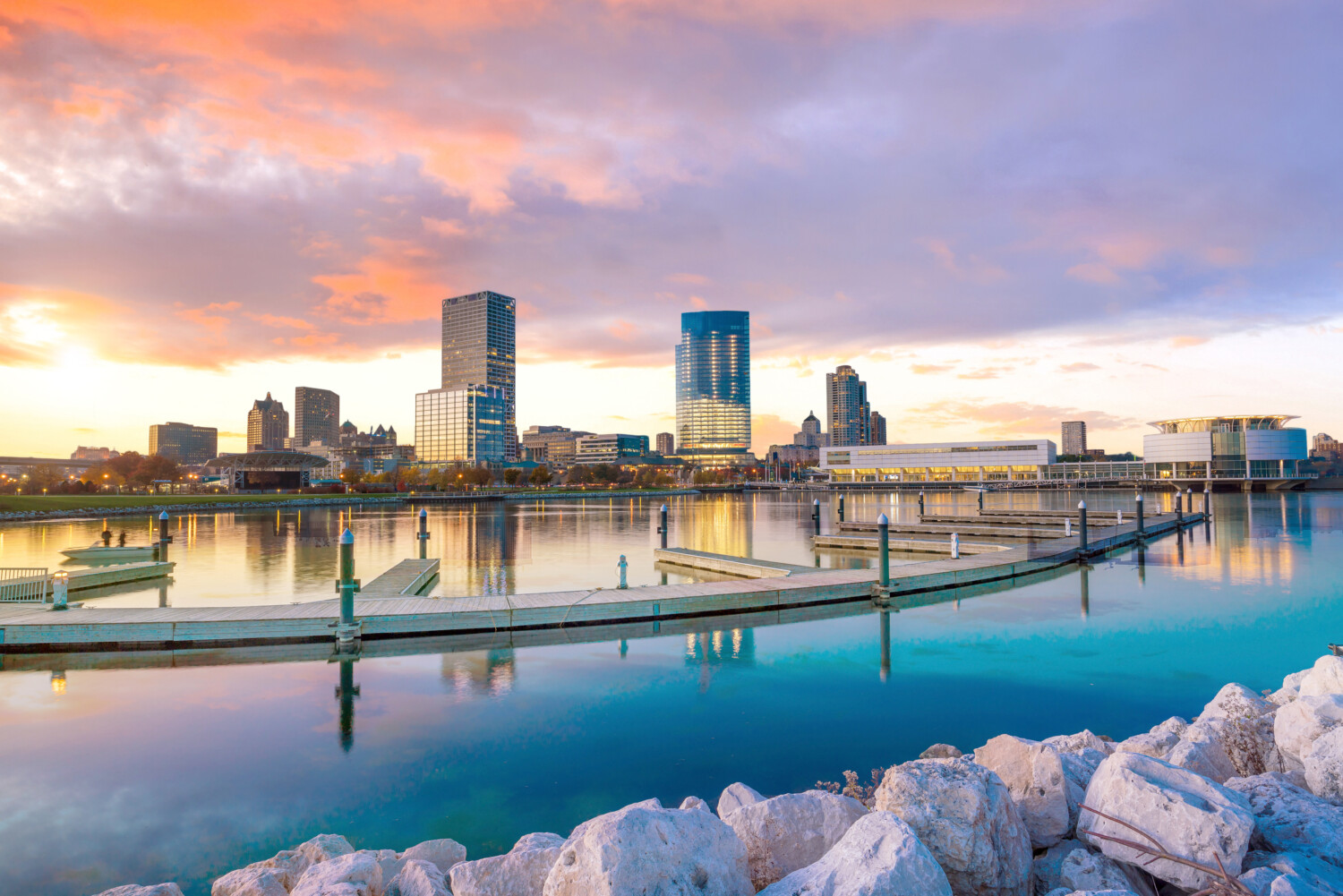
6. Florida
Florida is one of the fastest-growing states in the country, but it also retains a majority of its residents born there. What keeps them close? Warm weather and miles of beaches are no doubt a major benefit of living in this state. But the economy is also thriving, with U.S. News & World Report ranking the state seventh in the country for economic conditions, first for education, and tenth overall.
5. Utah
There are many reasons why those born in Utah tend to settle in for good. U.S. News & World Report pointed out several of them when it named Utah the No. 1 state in overall rankings. With its booming economy (it’s ranked first in the nation), excellent school system, strong infrastructure, cultural happenings, stunning natural beauty and low crime rate, it’s no surprise that 72.9% of native-born Utah residents aren’t going anywhere.
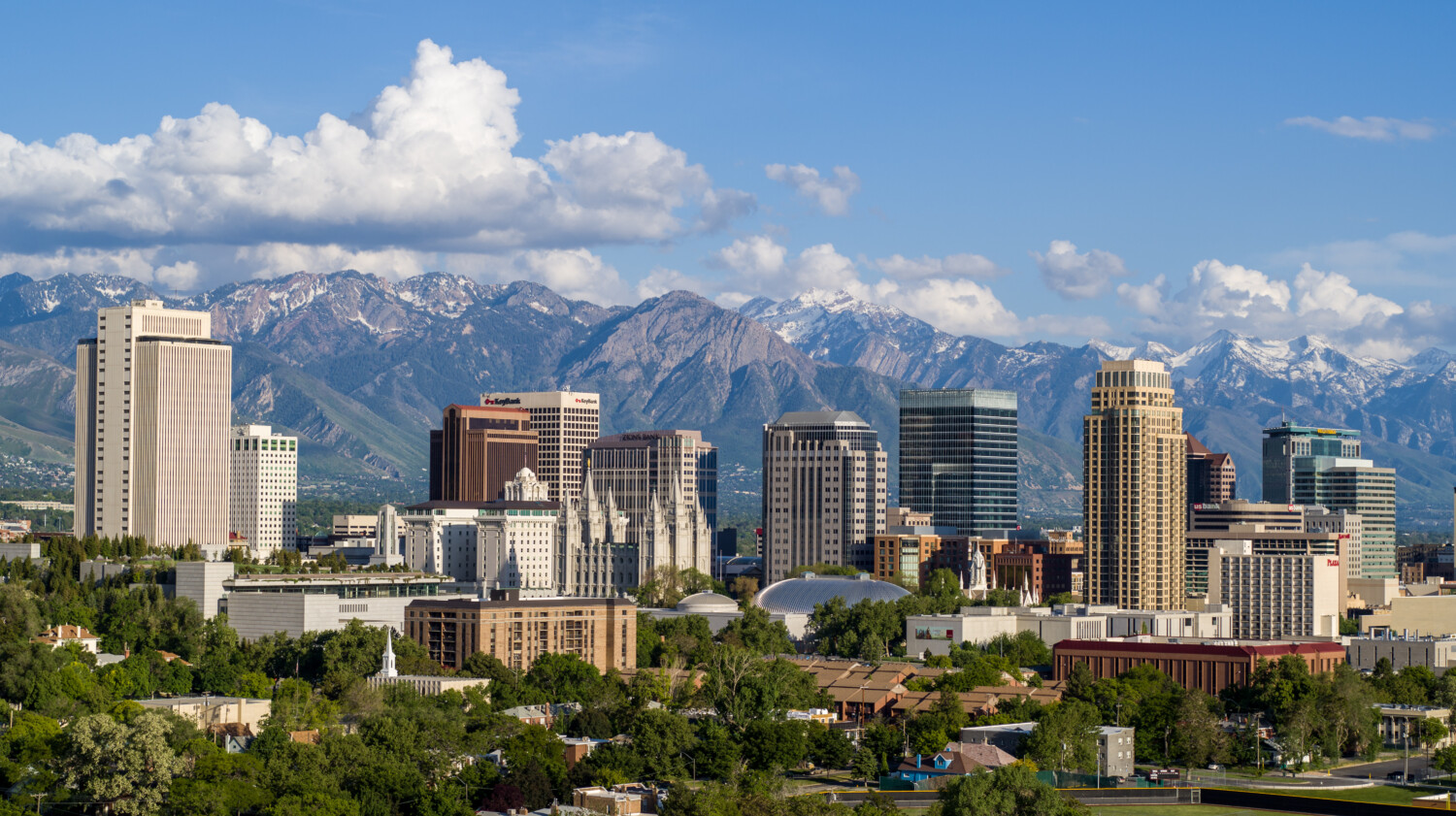
4. California
The country’s most populous state isn’t at any risk of losing that status. In fact, 73% of people born here stay here. Gorgeous weather, diverse terrain, scores of cultural opportunities and a thriving economy (with a GDP of more than $3 trillion, according to Statista) are a consistent magnetic pull. And that attraction is so strong, it balances out negatives like high taxes and a large homeless population. The U.S. News & World Report list puts California at an overall No. 33, with the worst rating for opportunity in the nation.
MORE: These are the top 5 states to retire in, according to a new study
3. Georgia
Lots of job opportunities (including a thriving film industry) keep Georgia residents local, and the lower cost of living makes life all the sweeter. The 74.2% of native-born Georgians might stay because they have a number of excellent universities to choose from (at low cost for high-achieving students), and then they find jobs due to a strong economy.
It also gets an overall rank of 21st on the U.S. News & World Report list thanks to a good natural environment and infrastructure, but dips a bit in categories like crime, education and fiscal stability. Its lowest score is in the realm of health care, where it comes in 44th in the nation. Meanwhile, there are also impoverished Georgians (12.7%, according to Census data) who might be deterred from moving due to a lack of resources.
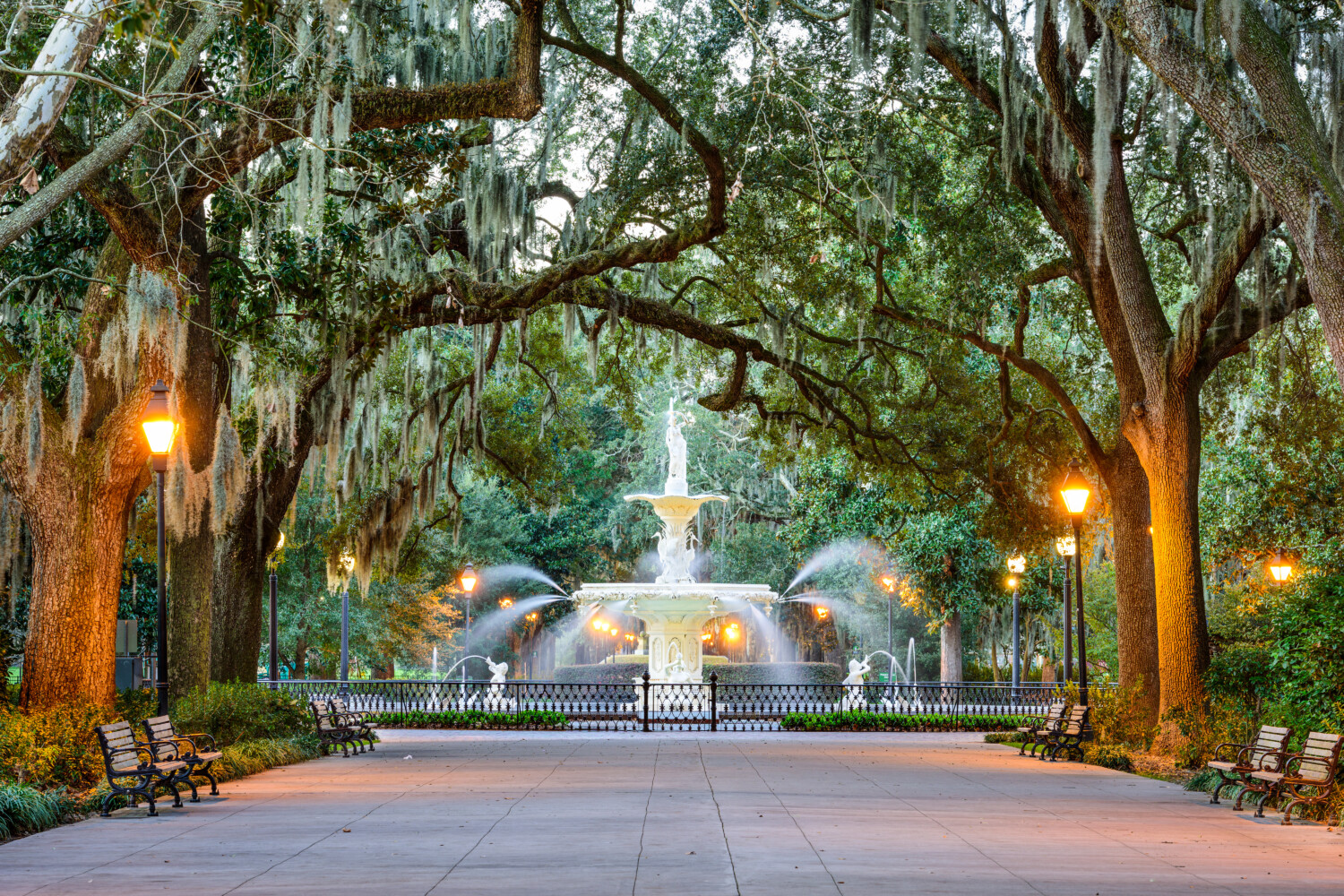
2. North Carolina
North Carolina holds second place in the country when it comes to holding onto its residents, with a whopping 75.5% of native-born North Carolinians staying in-state. That might be due to a temperate climate, a flat income tax of 4.75% (which is lower than the national average), a diverse and growing job market, and a wide range of geographic options (from beaches to mountains). North Carolina is also generous to its in-state college students. Among all 50 states, it has the sixth-cheapest annual tuition for students who attend its state schools.
The state ranks 17th overall with U.S. News & World Report, thanks to a good economy and financial stability. As for the 12.8% of North Carolinians living in poverty, an out-of-state relocation might not be financially feasible.
1. Texas
What makes Texas the stickiest state of all? The 82.2% of native-born Texans might stay in the Lone Star State for one or more of these reasons: warm weather, a lower-than-average tax rate ( at 6.25%) and above-average job growth. Plus, the cost of living in general is 8% lower. And if you’re jonesing for big city lights, there are several metropolitan areas to choose from.
U.S. News & World Report puts Texas at 35th in the nation, with high rankings for the economy, fiscal stability and infrastructure. And there are deterrents to moving out, including a 14% poverty rate.
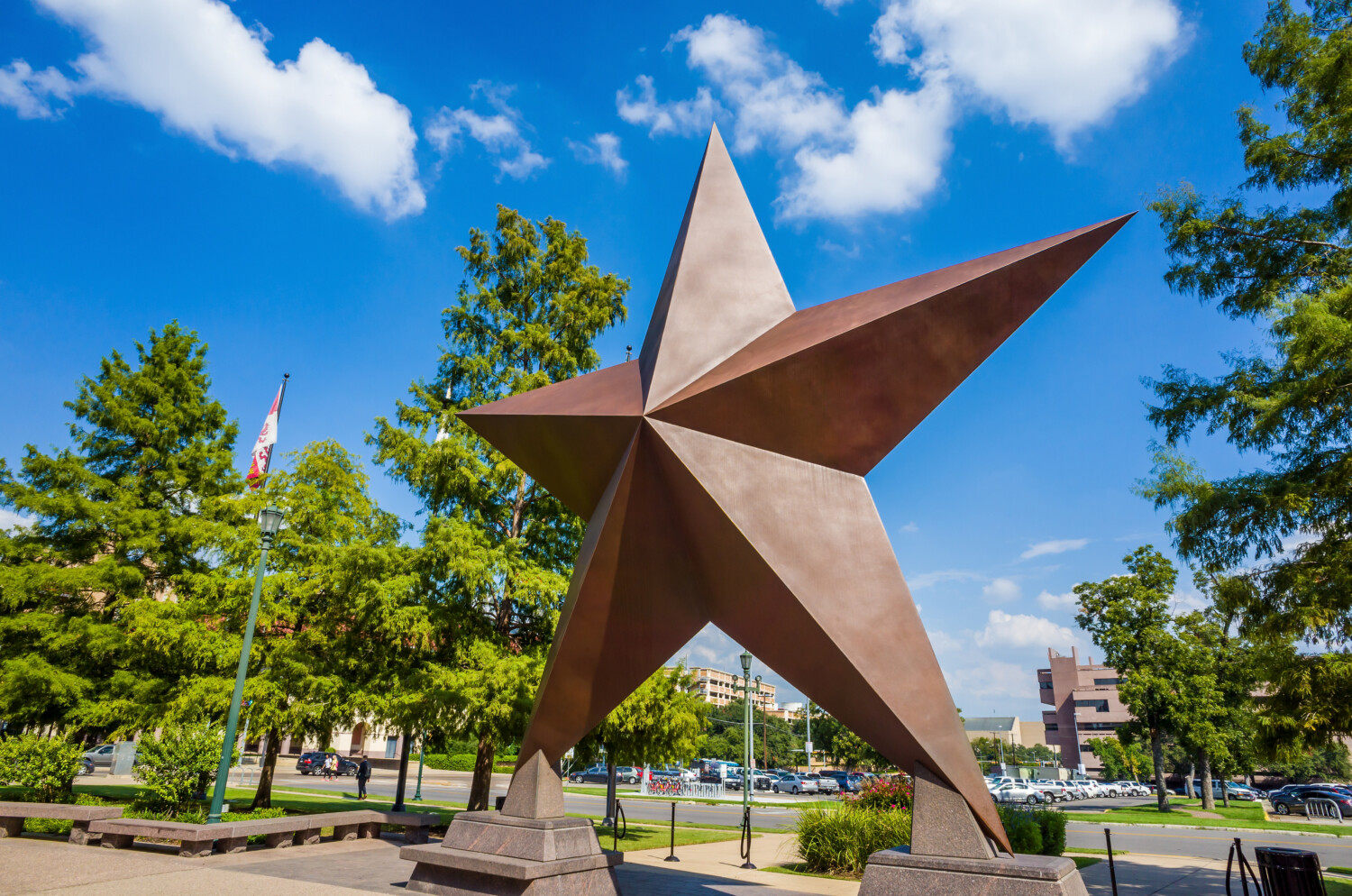
10 Least Sticky States
The 10 least sticky states each retained less than 60% of their native-born residents, and the bottom three held on to less than 50%. While many factors determine a state’s ability to keep its residents close (including the weather), one major one seems to be the number of cities — and therefore the variety of jobs and possibly higher salaries. The top five stickiest states combined have 15 metropolitan areas with over one million people each. The five least sticky states combined only have one big city — Providence, Rhode Island.
Here are the 10 least sticky states, in descending order from 10 to 1:
10, Hawaii, 58.0%
9. Kansas, 57.2%
8. Delaware, 56.9%
7. Vermont, 56.5%
6. West Virginia, 55.6%
5. Rhode Island, 55.2%
4. South Dakota, 54.2%
3. Alaska, 48.7%
2. North Dakota, 48.6%
1. Wyoming, 45.3%
What do you think? Do you live in the same state you were born in?
MORE: 2023’s best and worst states to live in, ranked
Any products or services mentioned above were selected independent of sales and advertising. However, Simplemost may receive a small commission from the purchase of any products or services through an affiliate link to the retailer's website.
This story originally appeared on Simplemost. Check out Simplemost for additional stories.


